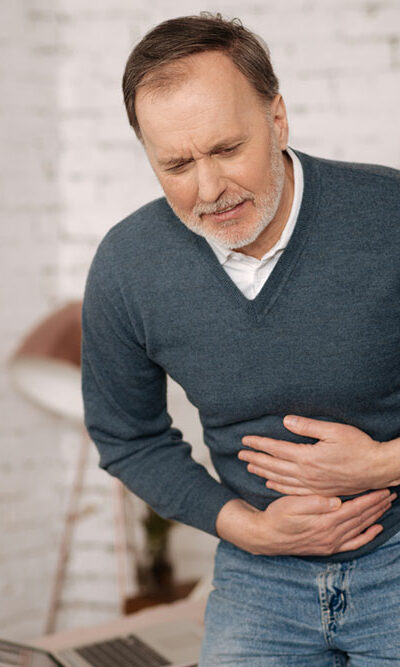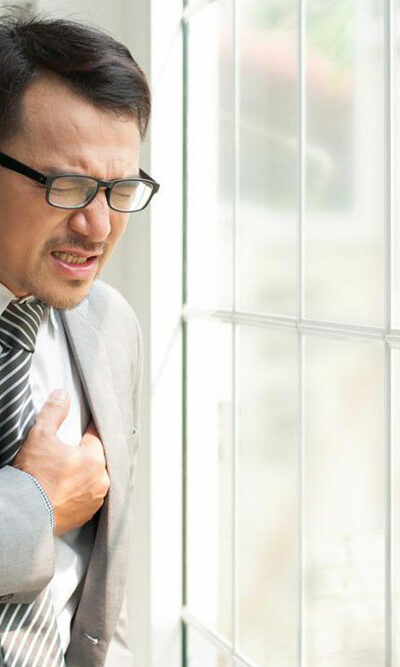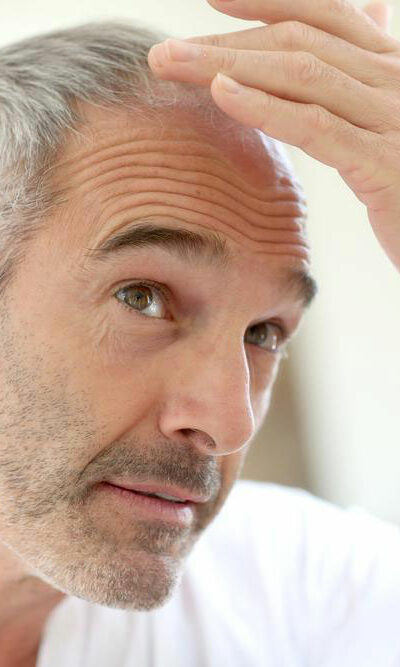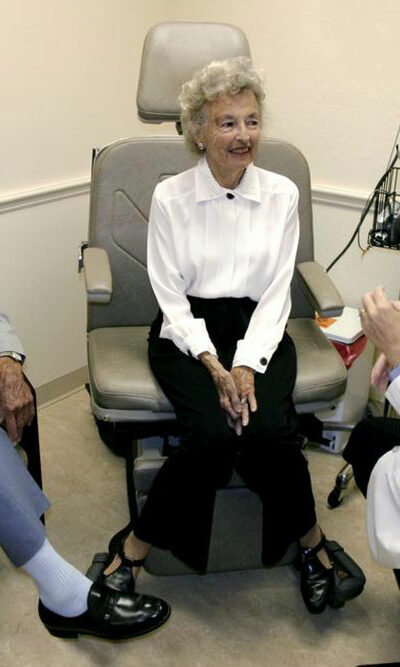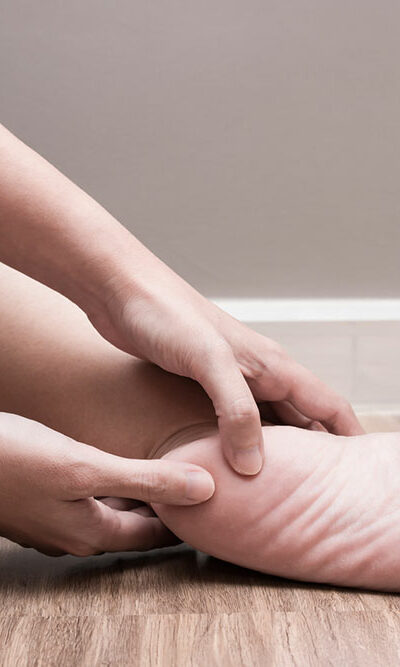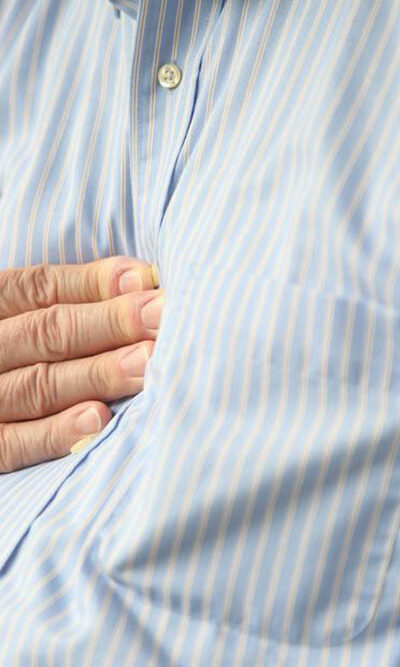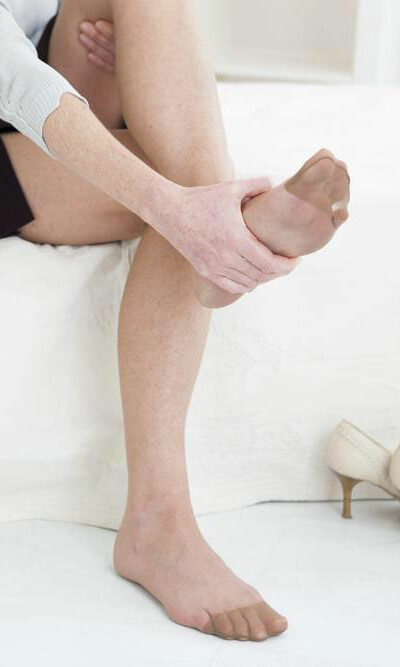
All You Need to Know about Bulging Disc
Bulging disc is a condition where the discs between your vertebrae tend to bulge outwards. When the outer fibrous region of your disc weakens, it causes a bulging disc. If a bulging disc is left untreated for a long time, it can lead to the problem of disc tears, which is known as a herniated disc. Causes for a bulging disc The primary reason behind the problem of a bulging disc is that of disc degeneration. Degeneration refers to the gradual wear and tear of your body’s discs. With age, the water content in your spinal discs tends to go down. As a result, your spinal discs start to lose flexibility. At such times, even a minor strain or small twist can make you prone to ruptures or tears. Lifting heavy objects can lead to the problem of a bulging disc as well. It occurs when you are not using your leg and thigh muscles, but the muscles of your back while lifting heavy objects. Risk factors Age is one of the risk factors behind the problem of bulging discs. With age, the water content in your discs tends to go down, and because of this, your discs become inflexible and brittle. As a result of gravity, the weakened cartilage tends to bulge towards your spinal cavity. Smoking cigarettes also put you at risk. Smoking leads to a weakening of your cartilage, thus causing your discs to bulge. In such instances, you will need the right treatment for a bulging disc. People who have a family history of spinal problems are at a higher risk of developing this condition. Injuries caused by accidents during physical exercises and workouts, weightlifting, car accidents, slipping on the pavement or poor movements can also lead to a bulging disc. Poor lifestyle choices also contribute to a bulging disc.
